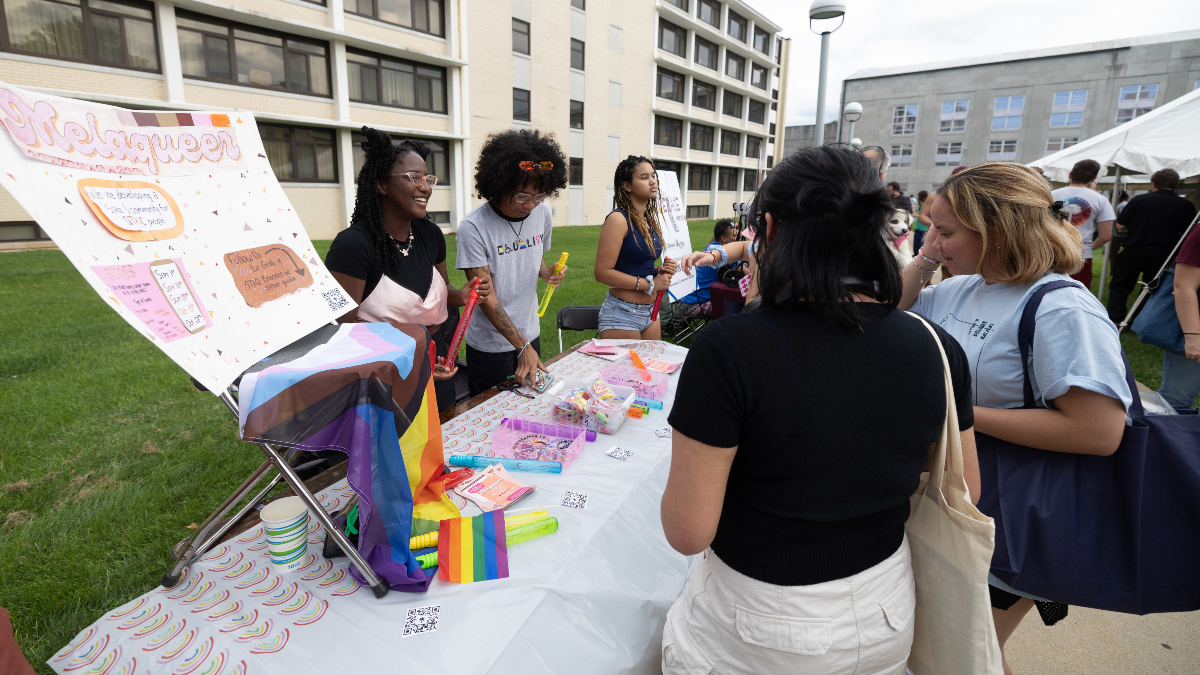Missouri State University works to welcome and support all students, and therefore develops programming to recognize the LGBTQ community each October.
“The biggest reason that we as a university celebrate LGBTQ History Month is because we do have students who are LGBTQ. It’s important that all of our students get recognition,” said Shy Wells, assistant director of multicultural programs and LGBTQ+ services at Missouri State University. “But also, it falls directly within our three pillars (of the public affairs mission): community engagement, cultural competence and ethical leadership.”
While MSU will be offering panel discussions, educational opportunities and fun activities for students throughout the month, Wells points to Let’s Vogue, a drag show, Oct. 21 as the highlight for them.
“It’s about ballroom culture. That was one of the very first instances that LGBTQ+ community really became noticed was during ballroom culture,” they said. “Ballroom culture is extremely popular now with like Lady Gaga, voguing and dancing.”
Other campus events include:
- Karaoke with the Queen at 5 p.m. Oct. 4.
- Big button giveaway on Oct. 10.
- Speaker at 7 p.m. Oct. 18.
Join campus in PRIDE activities
Building community
Wells says that community members should also check out the Glo Center’s programming, specifically Ozarks Pridefest: Harvest Pride, which will be held Oct. 8 in downtown Springfield.
The Multicultural Resource Center offers many resources and supports. One example is the Transitions Closet, a free clothing resource for any student going through a life transition.
“It does have some education for our LGBTQ+ students, including education on how to safely bind,” Wells said.
The office of multicultural programs also builds advocates and allies through LGBTQ+ Safe Zone training. In it, faculty, staff and administrators learn to build greater understanding and create a more LGBTQ-inclusive culture.
“It’s a really good opportunity for individuals to have more exposure, but also be guided through what kind of conversations are appropriate or not appropriate,” Wells said.
“You do not have to be a member of the LGBTQ+ community to be supportive. It’s really important that we have allies and people who can help make sure that everyone has access to those human rights and the opportunity to really be engaged within the community.”


Leave a Reply